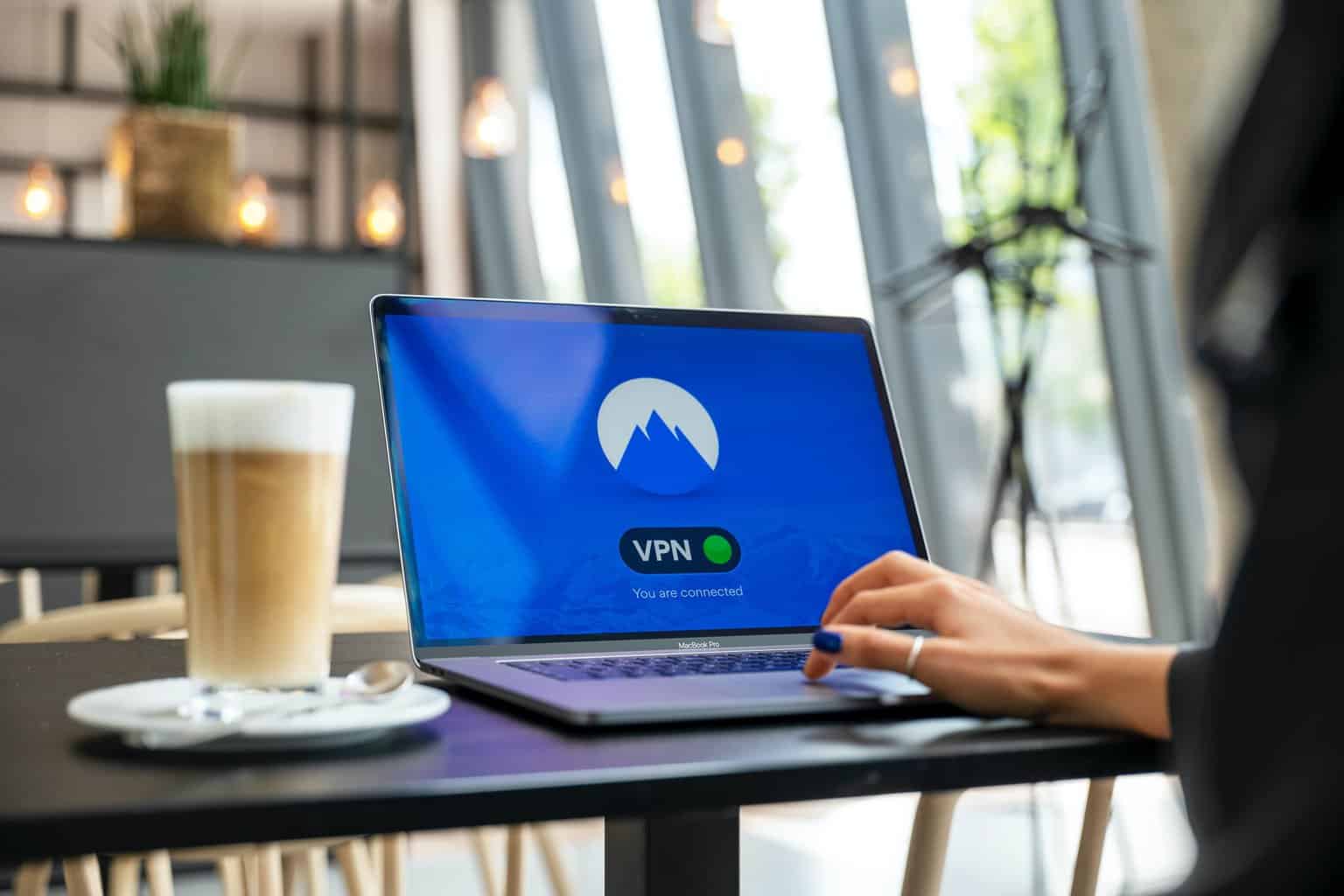
16 Oct How To Choose the Best VPN for Security and Privacy
In an age where online privacy and security are paramount concerns, Virtual Private Networks (VPNs) have become a crucial tool for safeguarding our digital presence. However, with a myriad of options available, choosing the right VPN can be a daunting task. This article aims to provide you with a comprehensive guide on how to select the best VPN for maximizing your security and privacy online.

Table of Contents
What is a VPN?
A Virtual Private Network (VPN) is a technology that creates a secure and encrypted connection over the internet, allowing users to access the internet as if they were connected to a private network. It acts as a tunnel between your device and the internet, ensuring that your online activities are shielded from prying eyes, such as hackers, government surveillance, or ISPs. By routing your internet traffic through a remote server located in a different geographical location, a VPN masks your IP address and provides you with a new one associated with the server’s location. This not only enhances privacy but also allows users to bypass geographic restrictions, accessing content that may be restricted in their physical location. Whether for personal privacy or professional security, VPNs have become an indispensable tool for safeguarding one’s digital presence.
1. Understand Your Needs
Before diving into the world of VPNs, it’s essential to understand your specific requirements. Are you primarily concerned with secure browsing on public Wi-Fi networks, accessing geo-restricted content, or protecting your data from government surveillance? Different VPNs cater to different needs, so knowing your priorities will guide you towards the right choice.
2. Robust Encryption and Security Protocols
The cornerstone of any reliable VPN is its encryption standards. Look for VPNs that use AES-256-bit encryption, which is the industry standard and virtually unbreakable. Additionally, ensure that the VPN employs secure protocols like OpenVPN or IKEv2/IPsec, as they provide a strong foundation for secure data transmission.
3. No-Log Policy
A VPN provider’s logging policy is crucial in determining the level of privacy it can offer. A strict “no-log” policy means that the VPN service does not keep records of your online activity, ensuring that even if compelled by authorities, they have no data to share. Always scrutinize the privacy policy to ensure it aligns with your expectations.
4. Server Locations and Accessibility
The number and location of servers are vital factors to consider. More servers in diverse global locations mean better access to geo-restricted content and faster speeds. Furthermore, a broad server network also helps distribute user load, ensuring a smoother and more stable connection.
5. Kill Switch and Leak Protection
A kill switch is an essential feature that ensures your internet connection is immediately severed in case the VPN connection drops. This prevents your data from being exposed to your Internet Service Provider (ISP) or any potential prying eyes. Additionally, DNS and IP leak protection is crucial to ensure that your true IP address is never revealed.

6. Multi-Platform Support
Choose a VPN that offers applications or setup guides for all the devices you intend to use it on. Whether it’s your desktop, laptop, smartphone, or tablet, a good VPN should be versatile and compatible with a wide range of operating systems.
7. Connection Speed and Bandwidth Limitations
While all VPNs inherently introduce some level of latency due to encryption and routing, a good VPN should still offer satisfactory connection speeds. Be wary of providers that impose severe bandwidth restrictions, as this can limit your online activities, particularly when streaming or downloading large files.
8. Customer Support and Reliability
Technical issues can arise, so having reliable customer support is essential. Opt for VPN providers that offer responsive customer service through various channels like live chat, email, or phone support. Additionally, look for reviews or testimonials to gauge the provider’s reputation for reliability.
9. Cost vs. Value
While free VPNs may seem tempting, they often come with limitations, such as slower speeds, restricted bandwidth, and limited server options. Paid VPNs generally offer a higher level of service, with better security features and more server locations. Consider it an investment in your online security.
10. Trial Periods and Money-Back Guarantees
To ensure that a VPN suits your needs, look for providers that offer trial periods or money-back guarantees. This allows you to test the service risk-free and ascertain whether it meets your expectations.
Choosing the right VPN is a critical step in safeguarding your online privacy and security. By considering factors such as encryption standards, logging policies, server network, and customer support, you can make an informed decision. Remember, a VPN is an investment in your digital well-being, so take the time to research and choose wisely. With the right VPN, you can enjoy a safer, more private online experience.



No Comments